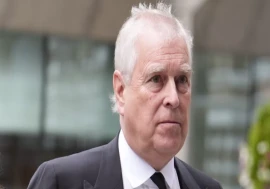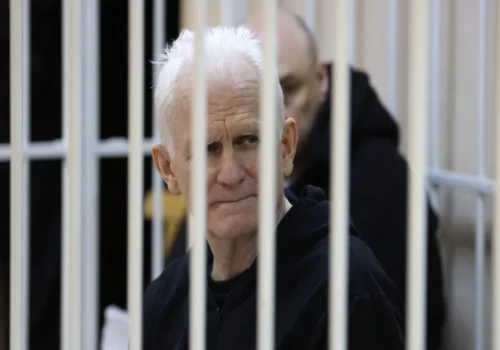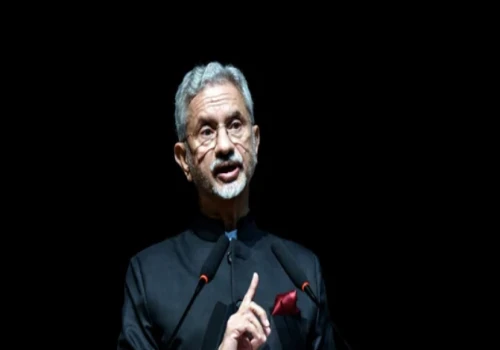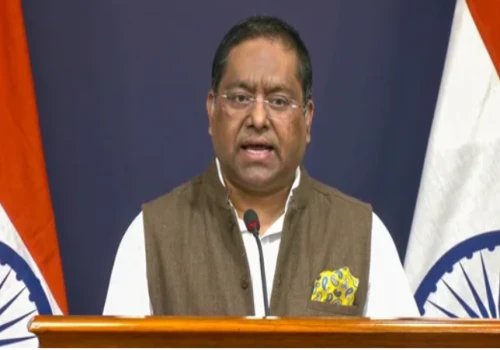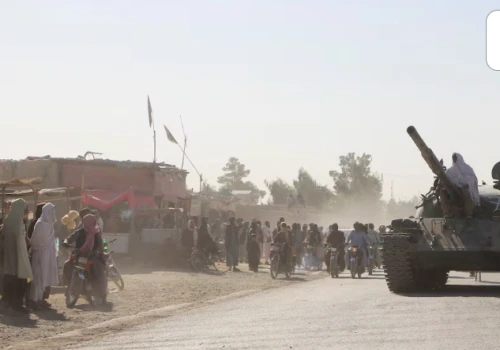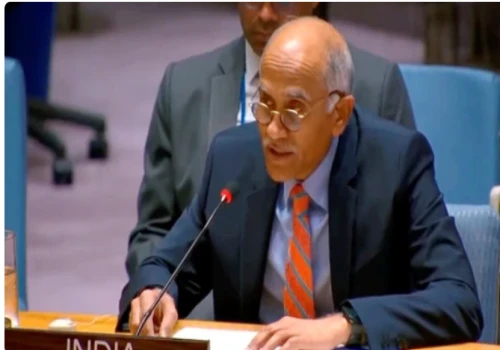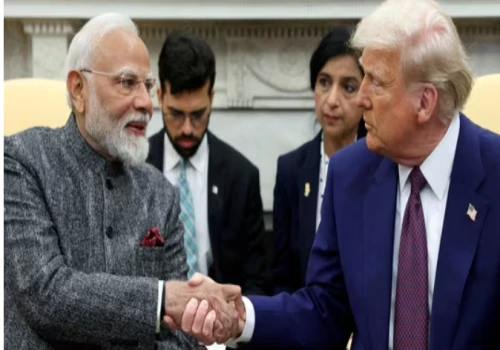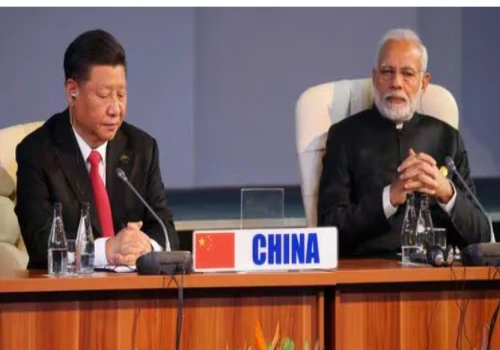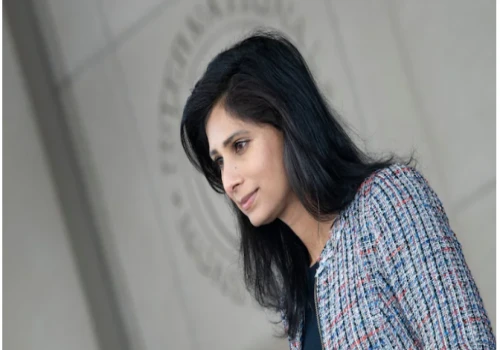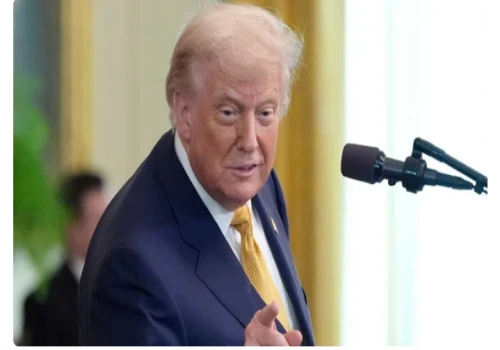
Kerala nurse Nimisha Priya’s execution in Yemen has been temporarily halted, offering a glimmer of hope as diplomatic efforts and negotiations continue.
Amid growing internal discussions and shifting political alliances, speculation is intensifying over who may succeed Asif Ali Zardari in Pakistan’s political landscape. As the co-chairperson of the Pakistan People’s Party (PPP) and a former President of Pakistan, Zardari has long played a dominant role in shaping national politics. However, his advancing age, health concerns, and recent criticisms from opposition and within party ranks have ignited debates about future leadership.
Sources suggest that the party’s focus may shift toward grooming a new face who can revitalize its image and appeal to younger voters. While no official statement has been made, names like Bilawal Bhutto Zardari—Zardari’s son and current PPP chairman—are circulating as natural successors, along with other key party figures.
Analysts say this speculation could also be a calculated political strategy to test public and internal sentiment before a formal leadership transition. The PPP is under pressure to redefine its role as elections and power negotiations loom, and any potential change in leadership would have significant implications for the party’s trajectory and the country’s political future.
The coming weeks are expected to reveal whether the buzz translates into reality or remains political chatter. Either way, the focus on Zardari’s future signifies a broader moment of transformation in Pakistan’s political d
ynamics.


